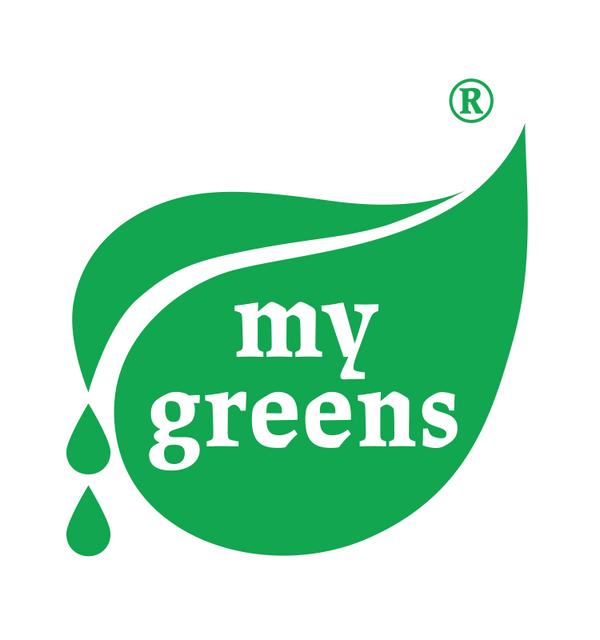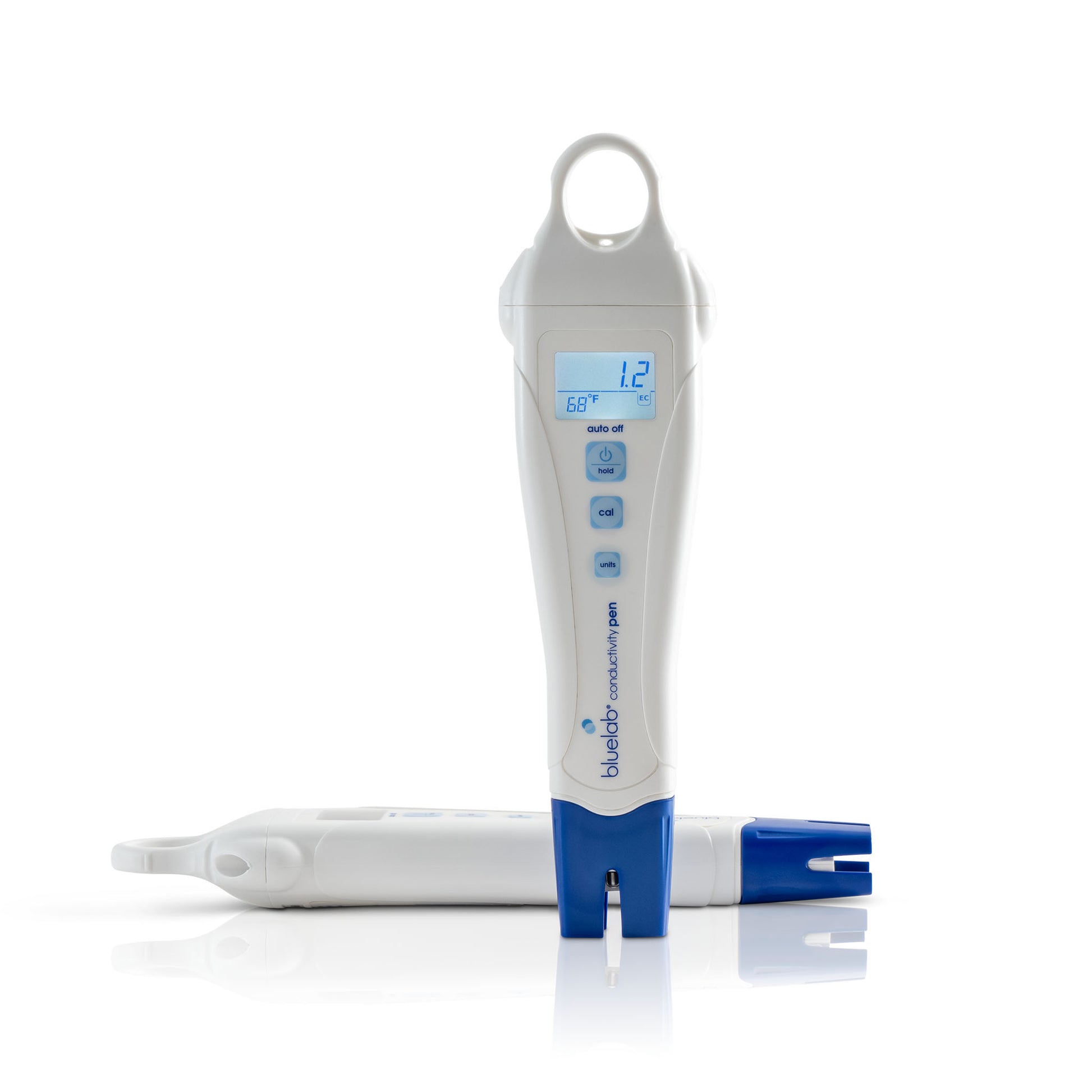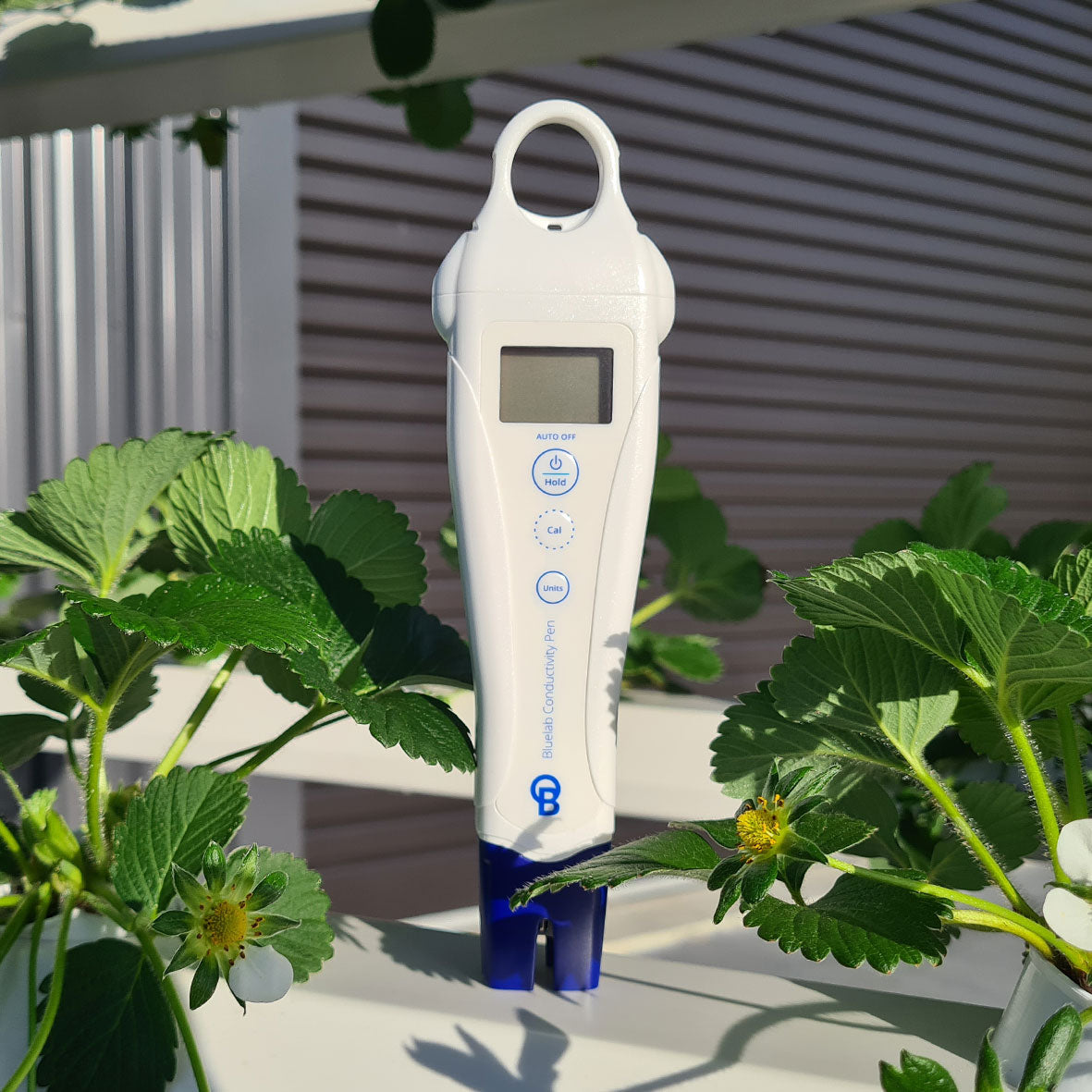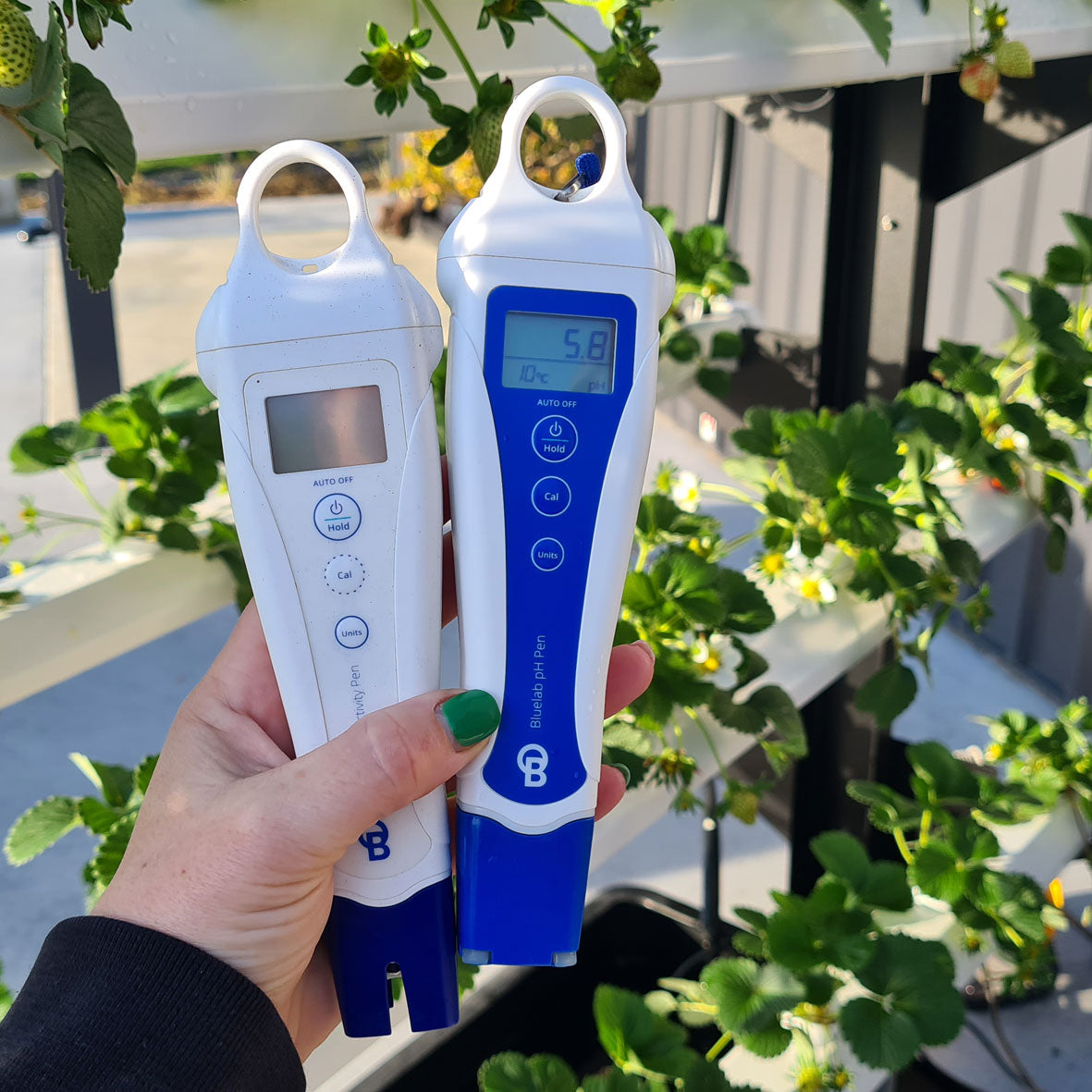Bluelab EC Pen
Bluelab EC Pen
Couldn't load pickup availability
Bluelab EC Pen:
- Fully waterproof, not just water-resistant
- Selectable measurement units so you can customise with your preferences
- Flat electrode for easier cleaning and maintenance
- Hold reading function to capture every measurement with ease
- Automatic temperature compensation for accurate readings anywhere
- Auto-off function to extend battery life
- 1 x AAA alkaline battery included, getting you started immediately
Why measure conductivity and temperature?
All plants need access to the right amount of food (nutrients) so that they can grow and thrive. Over or under-feeding your plants can result in the waste of expensive nutrient resources. The great part of growing food hydroponically, is that is can be so closely monitored to be the right EC and temp for your specific plants you are growing.
The easiest way to keep track of the amount of nutrients in your solution is to regularly measure conductivity, which refers to the total ionic content (dissolved salts) in a solution.
From a scientific perspective, when nutrients are added, this creates the potential for electricity to move through a solution, increasing the electrical conductivity.
Measuring the temperature of your solution is equally important, as - if it’s too hot or too cold - this can affect the plants’ growth rate and structure.
Share
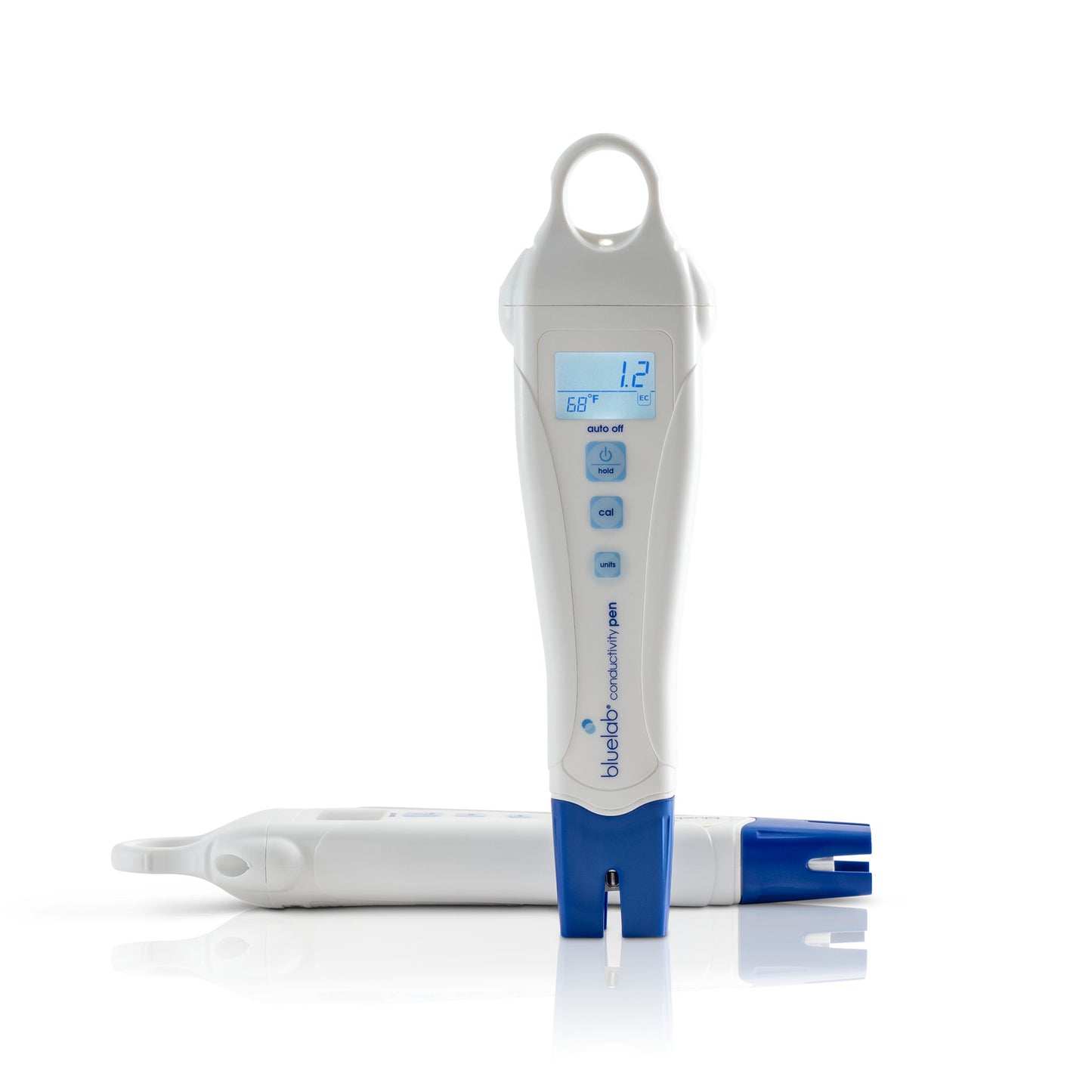
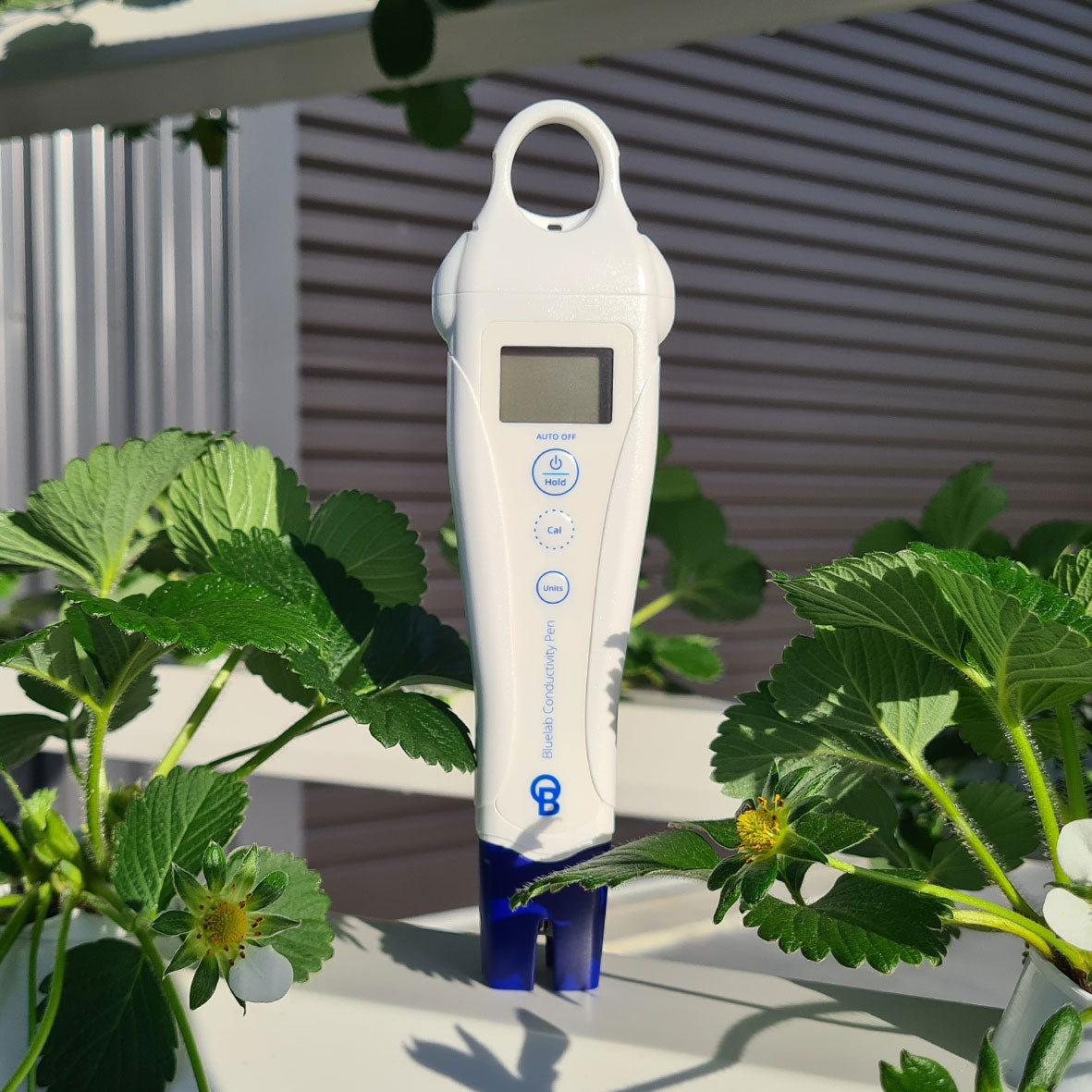
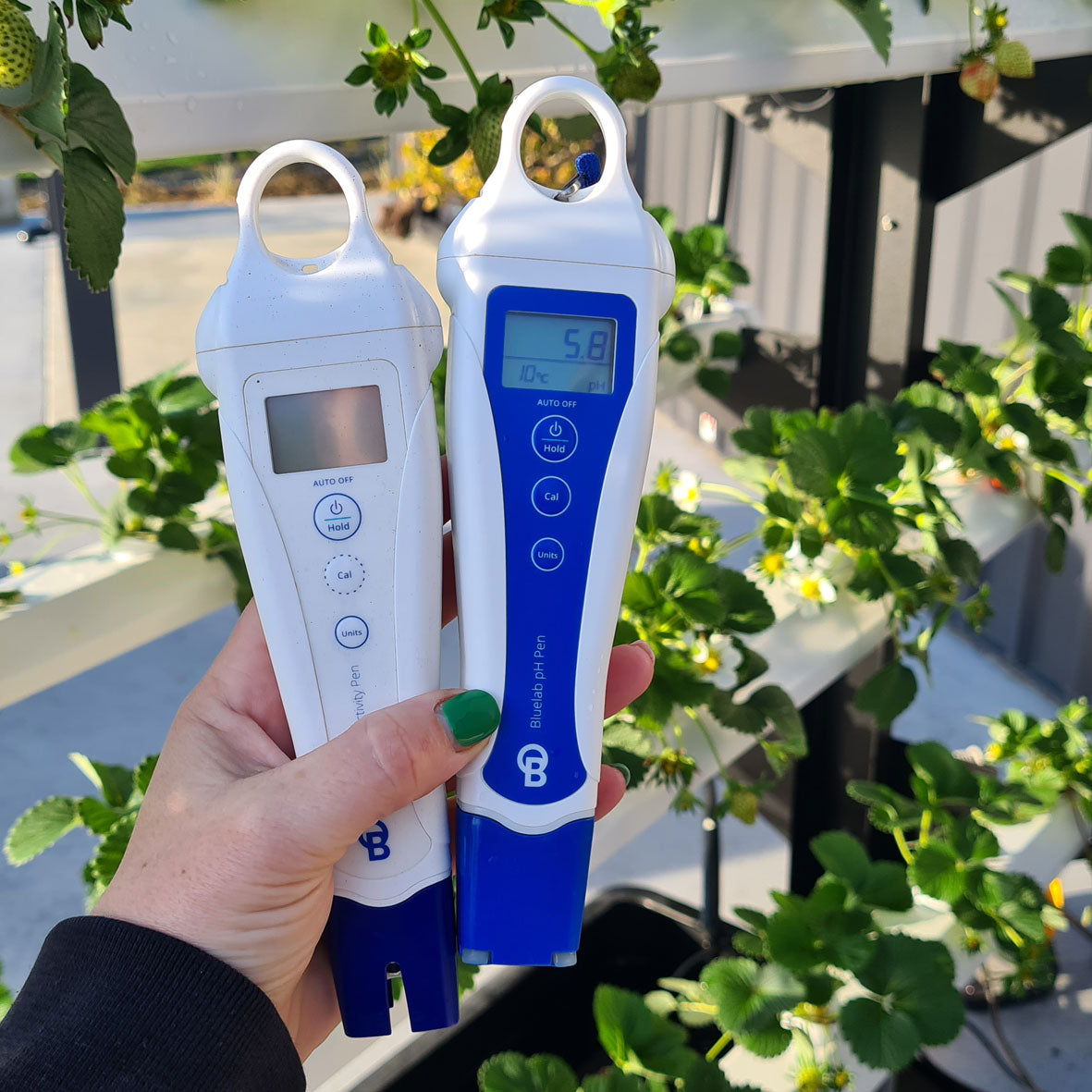

No guesswork on nutrients and pH
We use Bluelab measuring tools to measure and adjust the water pH and nutrient level once a week for a healthy, large and plentiful harvest, every time.

We grow outside, not in a grow tent
Made to grow outside in the beautiful sunshine, or in a greenhouse. Our tower can withstand the sun, wind and rain. Rust-free, UV-stable and solid. No UV lights required.

Large, plentiful crops
Full, healthy plants equal big yields of more flavorful produce. With room for up to 48 plants, you can grow even more variety with a sleek modern garden that looks great on any deck, porch, patio or path.

Use less water
Hydroponics uses 90% less water than soil-based growing because we recycle the water, reduce evaporation and are not constantly hydrating soil.
